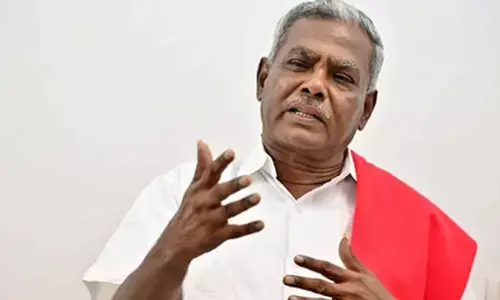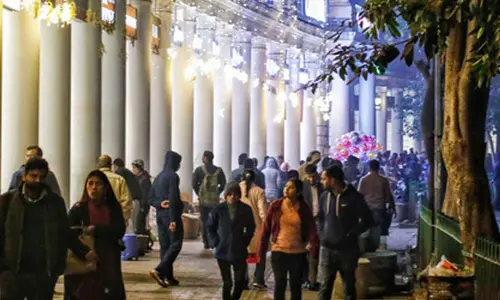Discovering Self Love

“Before I go on about self-love, let us start with an activity that will help you understand self-love.
“Before I go on about self-love, let us start with an activity that will help you understand self-love.
Step 1: Think of all the people you love—your parents, siblings, partner(s), friends, pets, etc.
Step 2: Think of how you show your love to them. List them mentally or on paper. You’ll probably write things along the lines of:
• Give them time
• Take care of them
• Feel saddened, hurt, or affected by their pain
• Listen to them
• Solve their problems
• Support them
• Encourage and motivate them
• Uplift them when they are feeling down
• Shower them with presents
• Go out together
• Appreciate them
• Celebrate their achievements
• Compliment them
• Understand and let go of their mistakes
• Forgive them
• Tell them ‘I Love You’
There can be endless unique ways to show love to people. Going by these acts, it is only fair to say that to love someone is to do things to make them feel loved. As a manner of doing things, we give them our time, presence, energy, acceptance, understanding, support, compassion, and kindness. Therefore, we can say that love is an act of ‘giving’.
At least, for me it is. I look at love as an emotion with an action component attached to it. Love is an extremely powerful human emotion that encapsulates several other emotions that, when acted upon, give meaning and direction to those who come under its purview. As an emotion, love makes you want to reach out to, take care of, understand, provide comfort, and nurture someone. In essence, love is a collection of emotions and actions that we show towards something or someone.
To love someone or something is to treat them with warmth, understanding, acceptance, care, and concern for their well-being. Genuine love is not about taking things but giving them what you have.
When a baby is born, it needs emotional, psychological, and physical nourishment from its caregivers, especially the mother. It gradually starts to flourish and grow with the help of this love. Similarly, when you plant a seed, you need to give it the right amount of sunshine, water, and manure consistently to make sure it blooms into a beautiful flower or tree.
Genuine, whole-hearted love is about taking care of others and providing them with what they need to bloom. It is all about nurturing and nourishment. If we do this for others, then why cannot we do so for ourselves? What is wrong about giving ourselves some acceptance, care, attention, and warmth? Love is love, whether you give it to yourself or someone else, there is nothing wrong or catastrophic about it. It is a beautiful, empowering emotion that can nurture, heal, and transform us as well as others into the best version possible.
Unfortunately, we have distorted the definition of love to suit our own needs. Perpetuating the ‘self-love is selfish’ culture ensures people do not connect with their true selves and follow societal notions. It makes life easier if everyone simply does what is expected of them without any retaliation or opposition. By asking for conformity, we kill everyone’s individuality.
Self-love is a transformative mindset, a profound way of relating to oneself that unlocks our unique potential, fosters healthy growth, and enriches our mental, emotional, and physical well-being. Without embracing this mindset, we remain tethered to a life of disconnection. It becomes a superficial existence, where we seek love solely from external sources, hoping and relying on them to fulfil our deepest needs. While this approach may suffice if we receive some measure of love externally, it becomes problematic when the external supply dwindles or ceases altogether. Suddenly, we find ourselves adrift, without a source to replenish our love and nourish our souls.”
(This excerpt from ‘Time to Come Home - Sowing the Seeds of Self-Love for Lasting Happiness’ written by Damini Grover, has been published with permission from Hay House, Rs 399)










